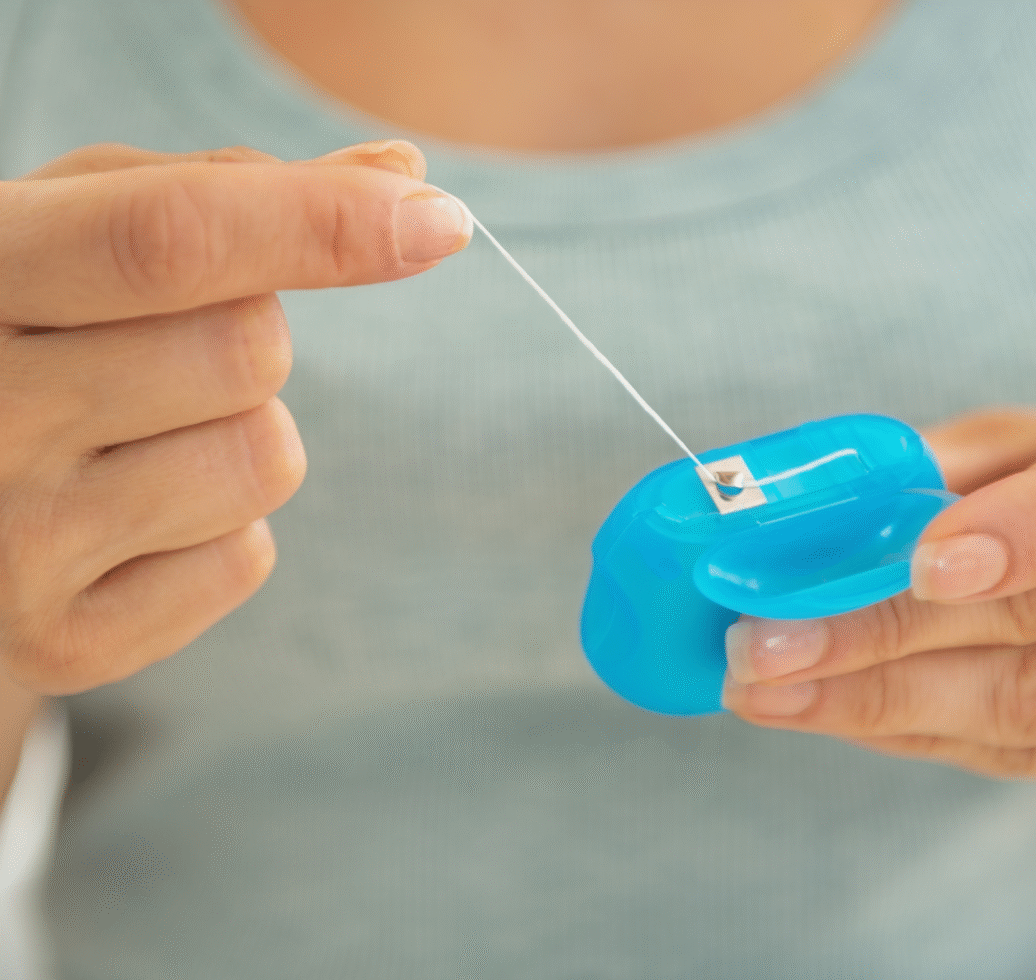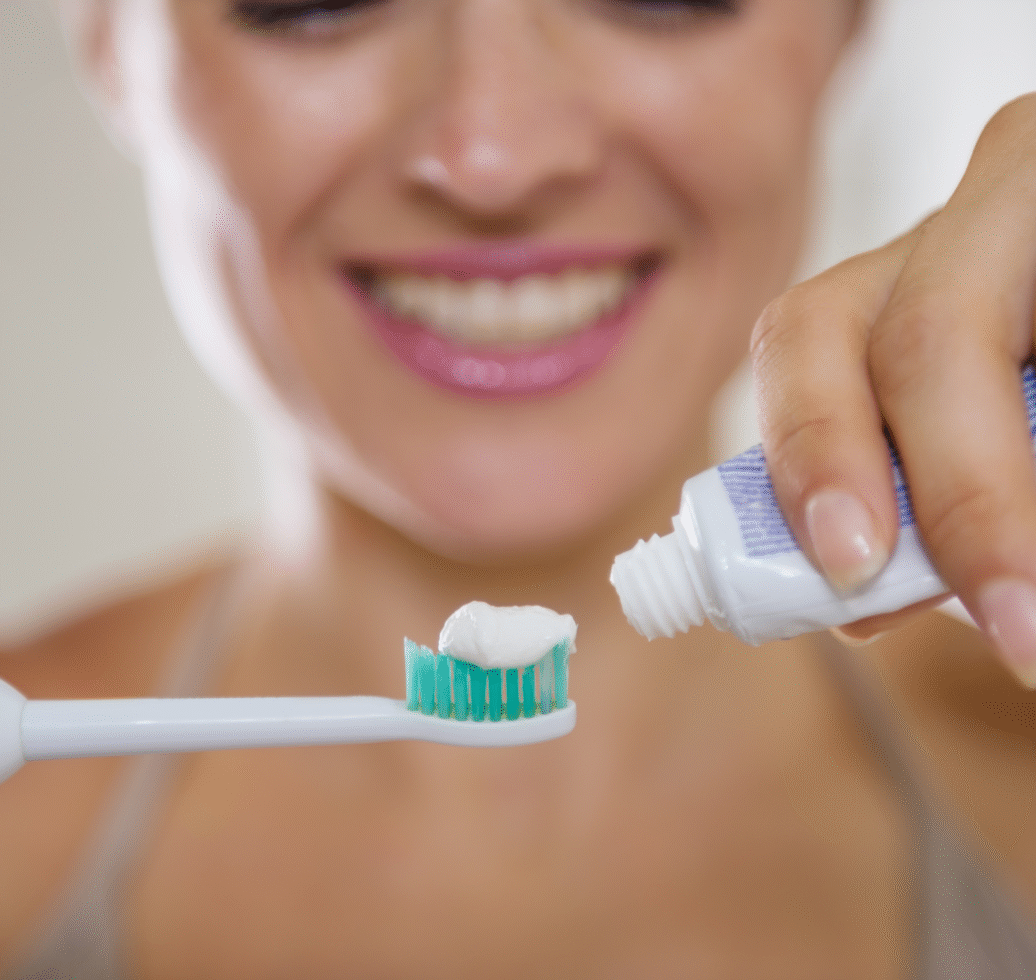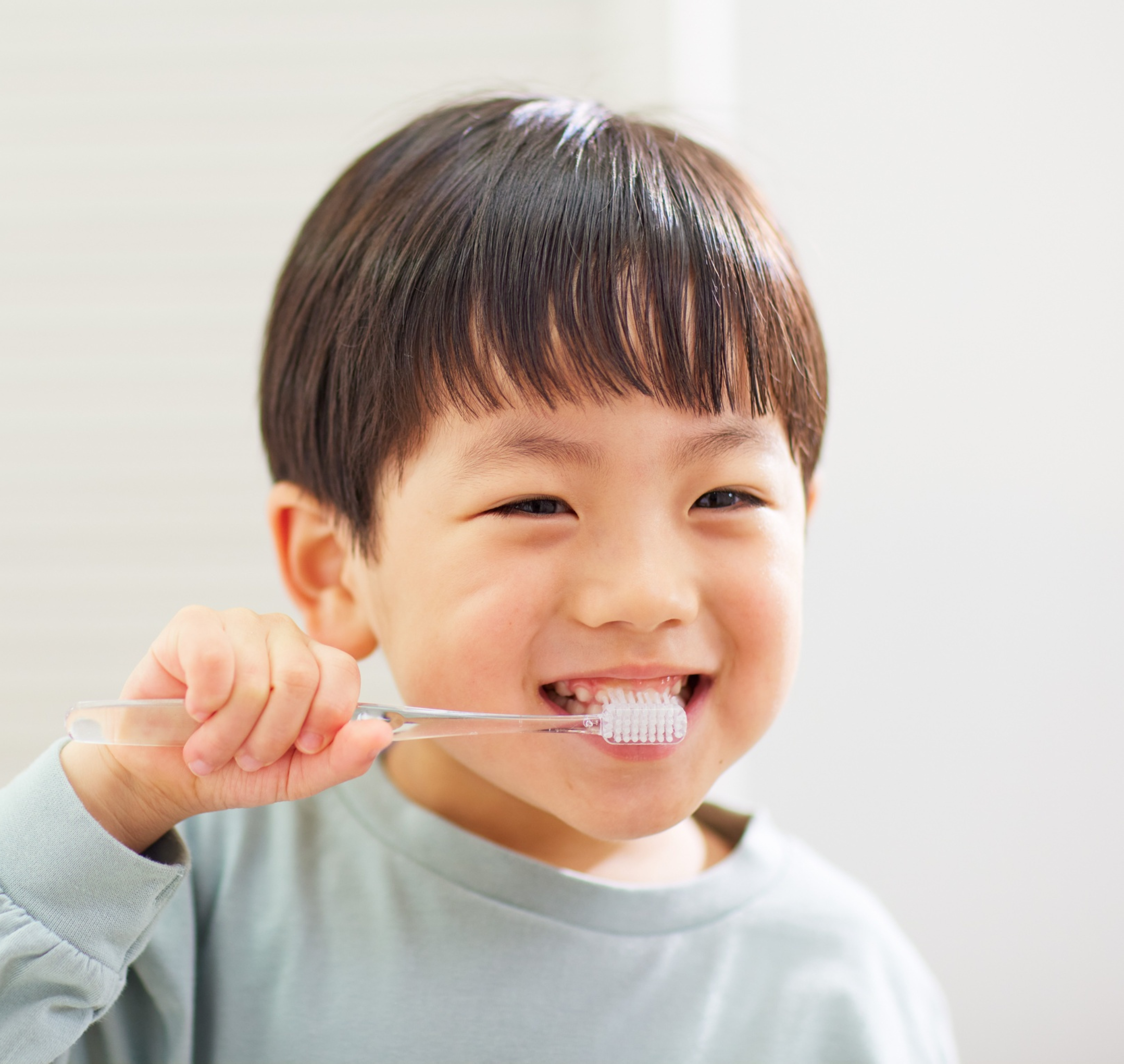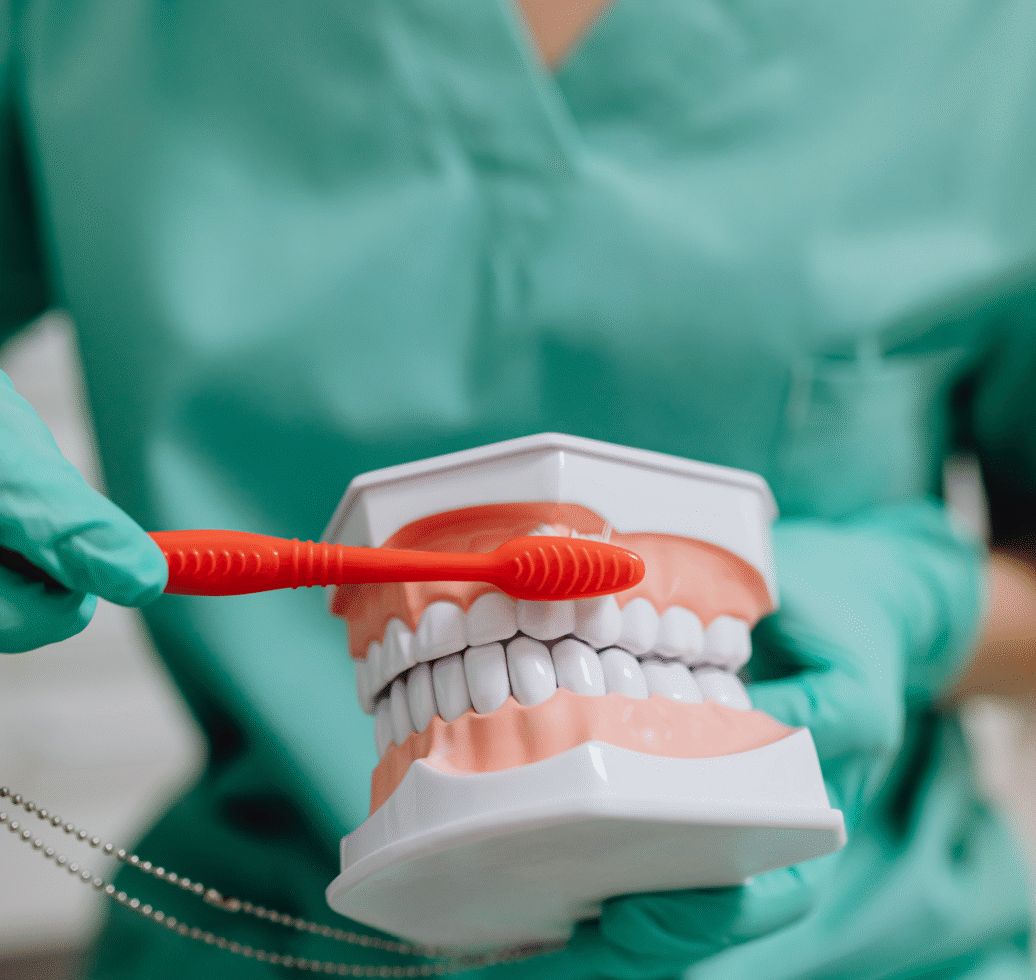My mouth, my health
The mouth is a major contributor to self-confidence, and the smile conveys many emotions. It also plays a considerable role in eating, communication and general health. Finally, it represents us, so let’s be proud of our smile!
Various studies have shown the links between inflammation in the mouth and general health problems. More than 600 different species of bacteria are nesting in our mouth. If your oral hygiene is insufficient, these bacteria develop and become pathogenic. They can cause periodontitis (loosening of the teeth). Some bacteria can enter the bloodstream and cause damage.
Keeping your mouth healthy is therefore essential to maintaining good general health. Regular cleaning and scaling of teeth is important. Our dental hygienists are professionals in oral prevention.
With good habits embedded in your daily routine, you can keep your smile healthy. Today, a wide range of accessories for cleaning your teeth is available and accessible on the market. Our dental hygienists will advise you.
Red, irritated or swollen gums?
Consult our hygienists to prevent, scale and maintain healthy teeth.
Find a dental hygienistFAQ – Dental scaling and hygiene care
Why go to a dental hygienist?
Preventing and protecting against dental disease is a top priority for a dental hygienist. Scaling is the best-known hygiene treatment. It is performed by our qualified dental hygienists and consists of removing tartar that has accumulated on the teeth. Even if you brush your teeth, a simple toothbrush will not remove plaque. With regular scaling by our dental hygienists, you maintain the integrity of your gums and teeth. Semi-annual scaling is recommended by oral health professionals.
What is the difference between a hygienist and a prophylaxis assistant?
At Adent, dental hygiene care is carried out by dental hygienists and prophylaxis assistants. These dental health professionals each have their own area of expertise. As a patient, it is good to know the differences. This way you can ensure that the care you receive meets your needs.
A prophylaxis assistant (PA) is a qualified dental assistant. In addition to his/her basic training, he/she has completed a professional development course regulated by the SSO. This further training enables him/her to work more independently. Along with these activities as a dental assistant, the PA handles the following services :
- preventive measures to maintain oral health
- information and motivation of patients
- removal of supra-gingival plaque deposits
- teeth whitening
These tasks are always carried out under the supervision of the dentist.
You can find our prophylaxis assistants here.
The qualified dental hygienist (DH) performs the following tasks:
- obtaining, reviewing and interpreting diagnoses
- drawing up treatment plans in consultation with the dentist and patient
- treating periodontitis
- removing over- and under- gum tartar
- teeth whitening
- taking X-rays
- anaesthesia
You can find our dental hygienists here.
The follow-up of your oral hygiene should be discussed with your dentist or hygienist.
Who needs scaling?
Regular scaling is recommended for everyone who has teeth, both adults and children. Children can consult our dental hygienists from an early age. In this way, they can enjoy professional advice and develop good habits from their first teeth. Our hygienists can get your child used to coming to the dentist.
What are the advantages of regular scaling?
Regular scaling prevents a build-up of plaque on the teeth. It also removes discolouration caused by, for example, tea or caffeine. Tartar and plaque are harmful to teeth and gums. They create infections such as cavities, loosening and inflammation of the gums, called gingivitis. The integrity of the teeth and gums is maintained if you receive regular professional cleaning and hygiene advice. Our dental hygienists will also inform you on how to keep or regain your beautiful teeth.
How does a dental hygiene session work?
First, a medical questionnaire must be completed. Then the cleaning begins. The dental hygienist has a range of modern working instruments that can be adapted to the needs of each patient.
- Manual scalers. These are selected according to the location of the tooth, the position of the tartar and whether there is any loosening.
- Electronic ultrasonic scalers.
- Polishing to remove caffeine, theine or nicotine stains and smooth the enamel surface.
- Finally, the dental hygienist gives health tips specific to each patient.
All Adent hygienists are trained in the GBT technique. The [GBT] Guided Biofilm Therapy® is an innovative approach developed by EMS Dental for the removal of biofilm, stains and tartar from your teeth. This painless technique can be applied to natural teeth as well as to restorations and dental implants.
Does scaling hurt?
In case of acute sensitivity, a local anaesthetic can be considered. It improves your comfort during the entire scaling process.
Are you stressed and nervous about your next dental appointment? Ask for treatment with nitrous oxide (MEOPA) or hypnosis. MEOPA is a colourless and odourless gas mixture of oxygen and nitrous oxide. When inhaled, it relaxes you while you remain aware of what is going on around you. You will feel less stressed. The session with your dental hygienist will be less of an ordeal.
To learn more about the fear of the dentist, we have written an article about it.
Teach your children the right gestures
The best way to teach your child to take care of his teeth is by example! Brush your teeth together and show her how to hold her toothbrush. Explain why it’s important to brush your teeth and explain the movements involved.
Hygienist appointments are an important part of keeping your child’s teeth healthy. It will standardize this type of visit. The hygienist will also reassure you about your child’s oral health.
Taking care of your child’s teeth is important, as good dental health has a positive impact on overall health. With healthy teeth, your child can chew and eat all the foods he needs for his development. Good dentition is also essential for language development.
So it’s a good idea to get your baby used to brushing as soon as his first teeth appear. This way, brushing will become part of his routine. This habit allows the first teeth to form in a clean environment. At Adent, dental hygienists are trained to care for the very young. They teach parents and children good cleaning habits.
Oral hygiene for teenagers
Adolescence has an impact on young people’s oral health. Hormonal changes and new eating habits upset the teenager’s equilibrium. They need to be made aware of the risks of regular sugar consumption and irregular brushing. The effect of tobacco consumption on mucous membranes also needs to be addressed.
But how do you know if your teenager has good oral hygiene? You can easily identify it by observing whether your teen :
- has pink gums
- no swollen gums
- does not bleed when brushing teeth
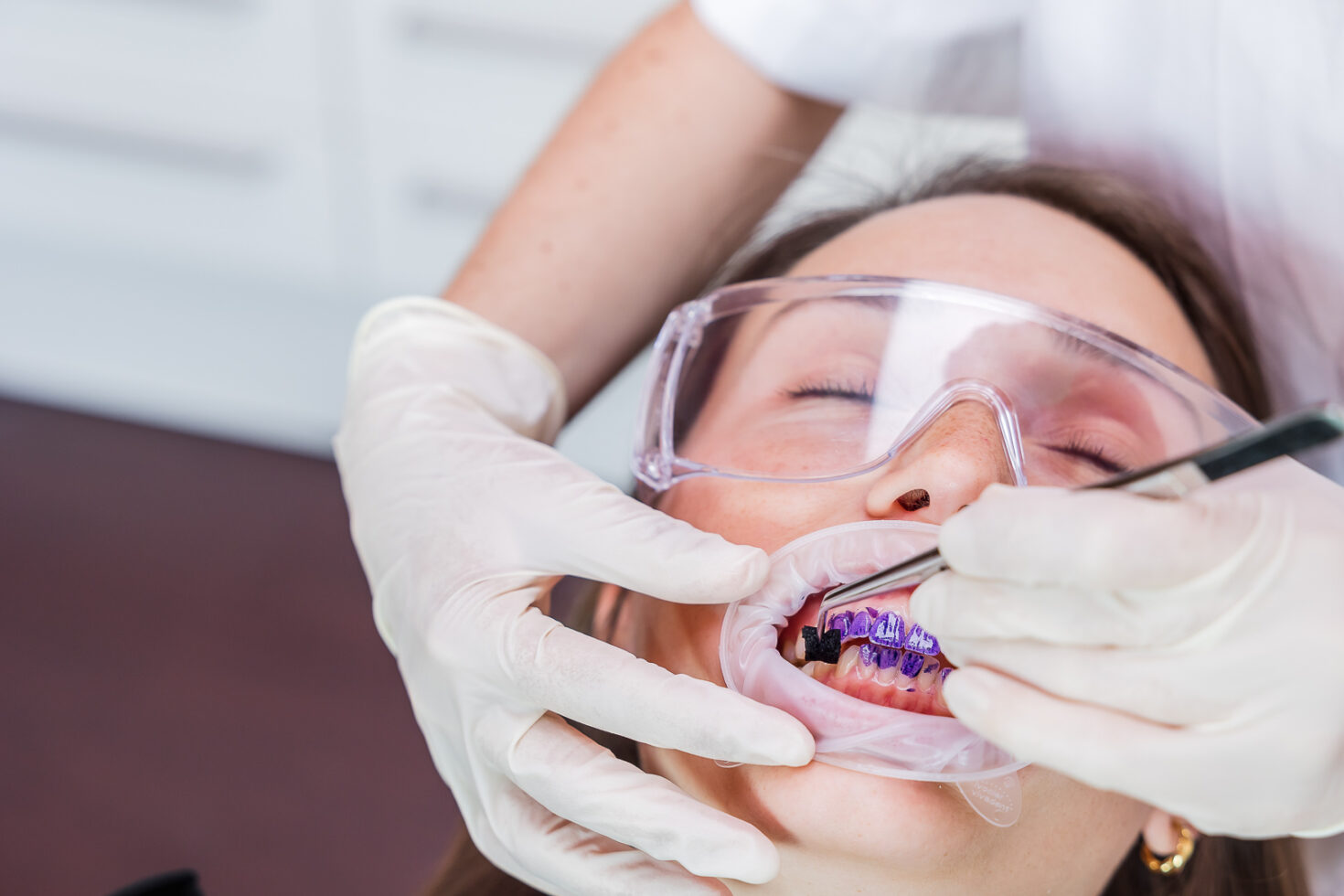
If your teenager’s gums are red, inflamed and bleeding when he or she brushes, it’s time to take him or her to the dental hygienist. But don’t panic, this gum condition can easily be improved by regular brushing and the use of a soft-bristled toothbrush. Fluoride toothpaste and an appropriate brushing technique are recommended. Our dental hygienists can advise you and guide your teenager.
Make sure your teenager also washes his or her tongue. Cracks trap dead cells and food residues. This accumulation of deposits can cause bad breath.
The biggest challenge at this age is probably to eat a balanced diet! Sugar and lack of tooth brushing encourage acid production. Acid attacks teeth, creating cavities. Ideally, you should limit the consumption of sugary foods and drinks. If brushing is not possible, try chewing Sympadent® gum! These products are free from caries-inducing sugar.
As you can see, it’s important to visit the hygienist at least once a year, given the turbulent times your teenager may be going through. Applying this advice can be a daunting task for teenagers. Professional cleaning and care are highly recommended. They maintain top oral health.
Healthy oral hygiene for a radiant smile!
Oral diseases can affect your life at every level: your personal relationships, your professional life, your self-confidence or even your enjoyment of food. It can isolate you socially, because you’re ashamed of your teeth and avoid laughing and smiling. You don’t talk much to others because you suffer from bad breath.
Dental hygiene consists of a series of mechanical practices designed to remove plaque. Plaque forms naturally and permanently on the surface of your teeth. Regular removal of plaque prevents the growth of bacteria responsible for gum inflammation and bad breath. If left unchecked, gum inflammation can lead to periodontitis. Periodontitis is the loosening of teeth. This disease destroys the tissues that support the teeth. It leads to mobility and, in extreme cases, tooth loss.
Plaque can only be effectively removed by daily mechanical hygiene. The tartar that forms on the surface of your teeth is mineralized and calcified plaque. Hard and clinging to your teeth, it can no longer be removed simply by brushing. We advise you to consult a dental hygienist. He/she will perform a professional scaling and advise you on the best way to clean your teeth.
If you would like to have your teeth scaled, or would like more information, please contact your nearest dental clinic. Our dental hygienists are available Monday to Saturday at all Adent clinics.
Gentle prevention and treatment for your teeth and gums.
Poor hygiene leads to infectious diseases of the teeth and gums. It also causes pain. These diseases can affect both adults and children. To prevent disease, regular visits to the dental hygienist are necessary. The hygienist removes the biofilm and tartar that has settled on your teeth.
Adent dental clinics are adapting to the latest developments in dental technology. We provide you with the highest quality of care and more comfort. Guided Biofilm Therapy® is an innovative approach developed by EMS Dental. It removes biofilm, stains and tartar. This technique can be applied to natural and artificial teeth and dental implants.
Enjoy a complete and gentle scaling thanks to the expertise of our dental hygienists. The expertise combined with the technologies used in Adent dental clinics, gives you the best quality care.



